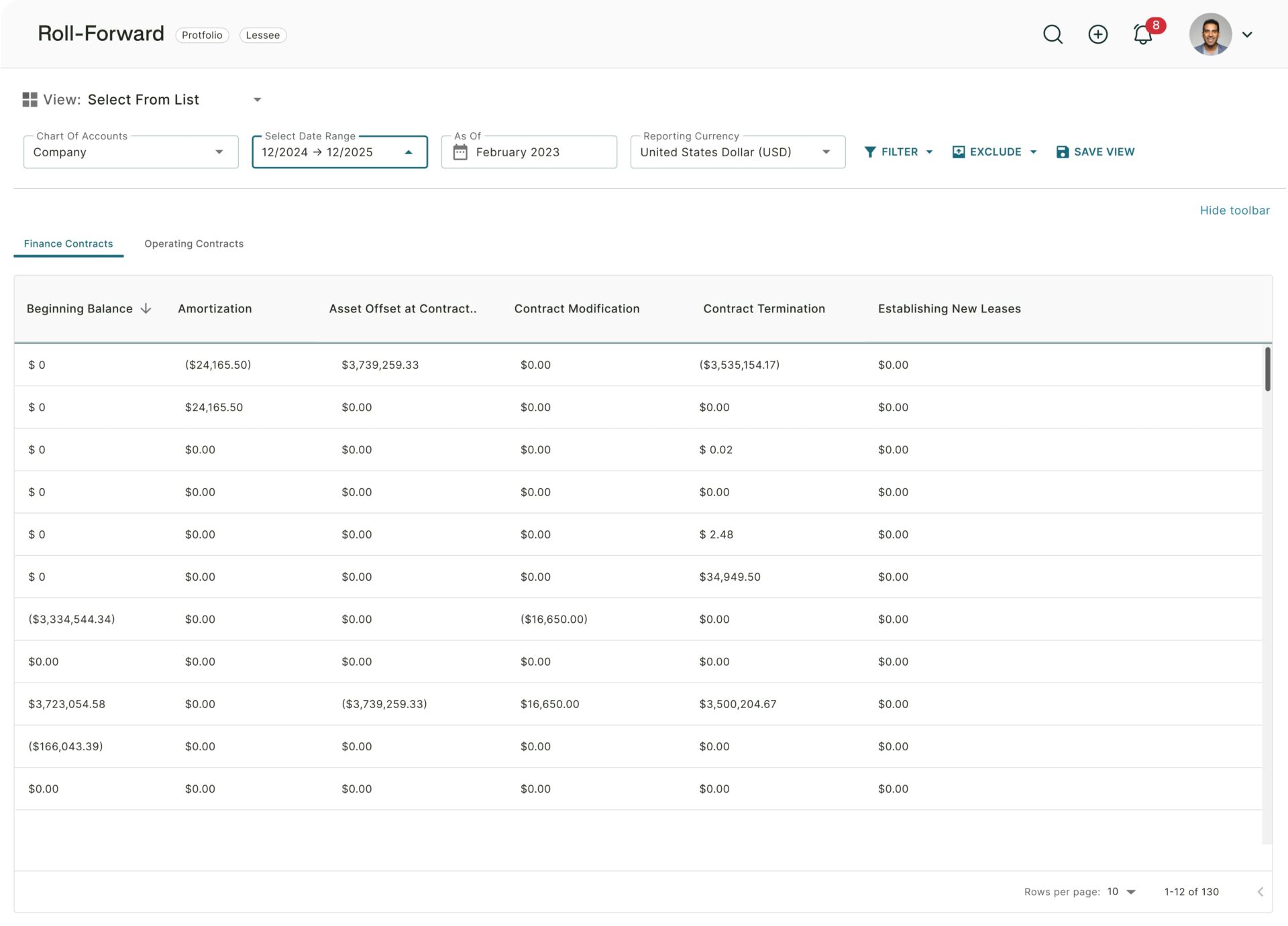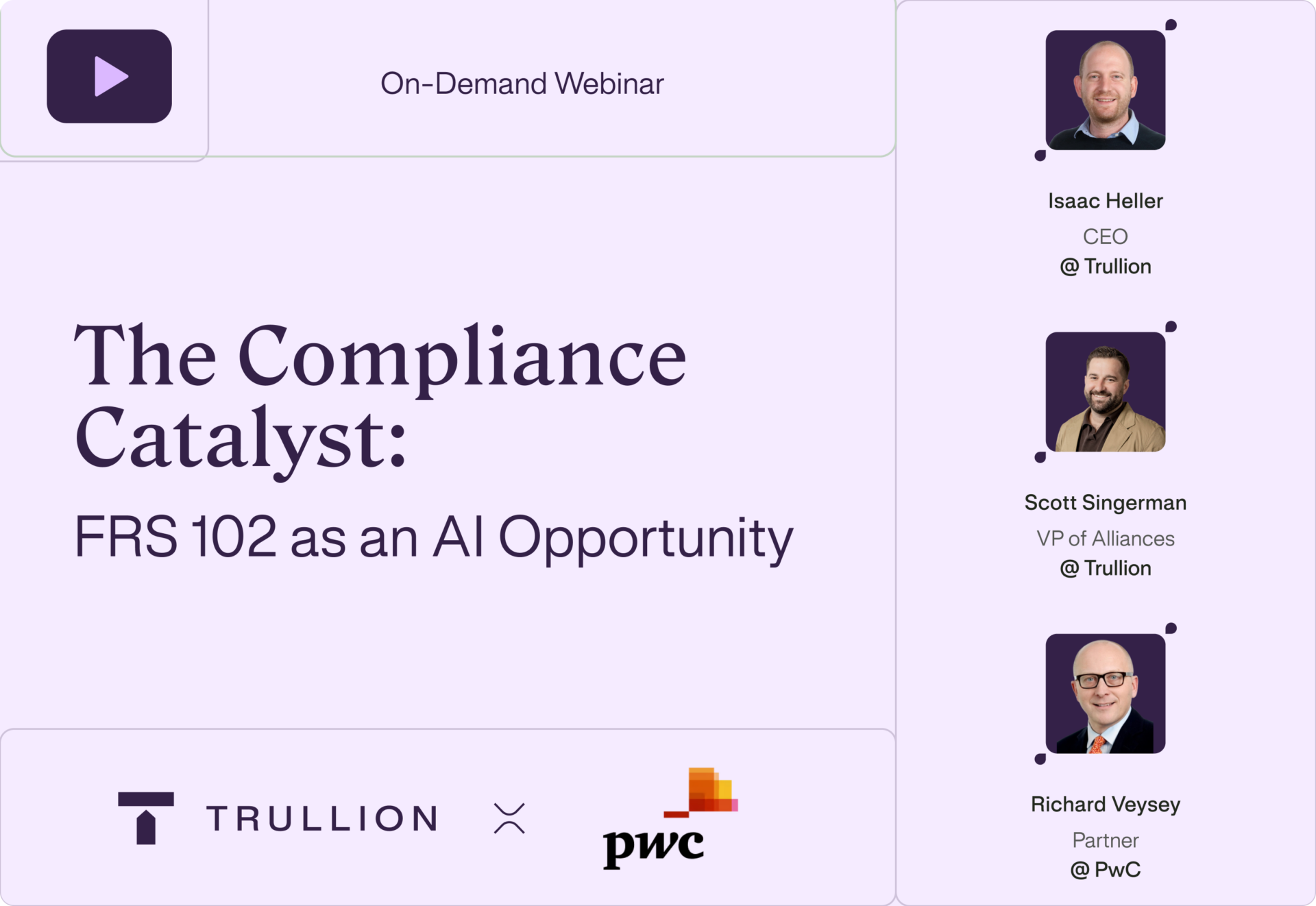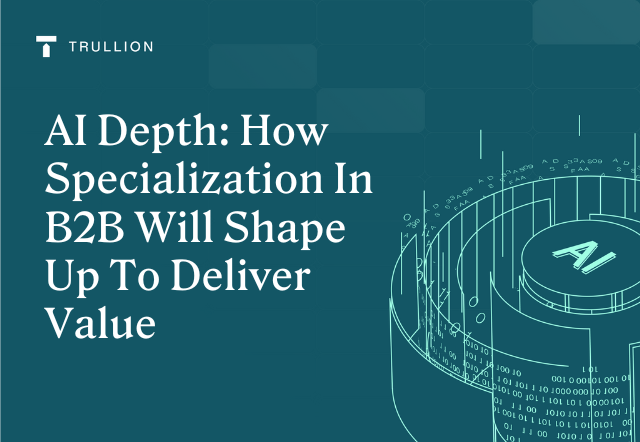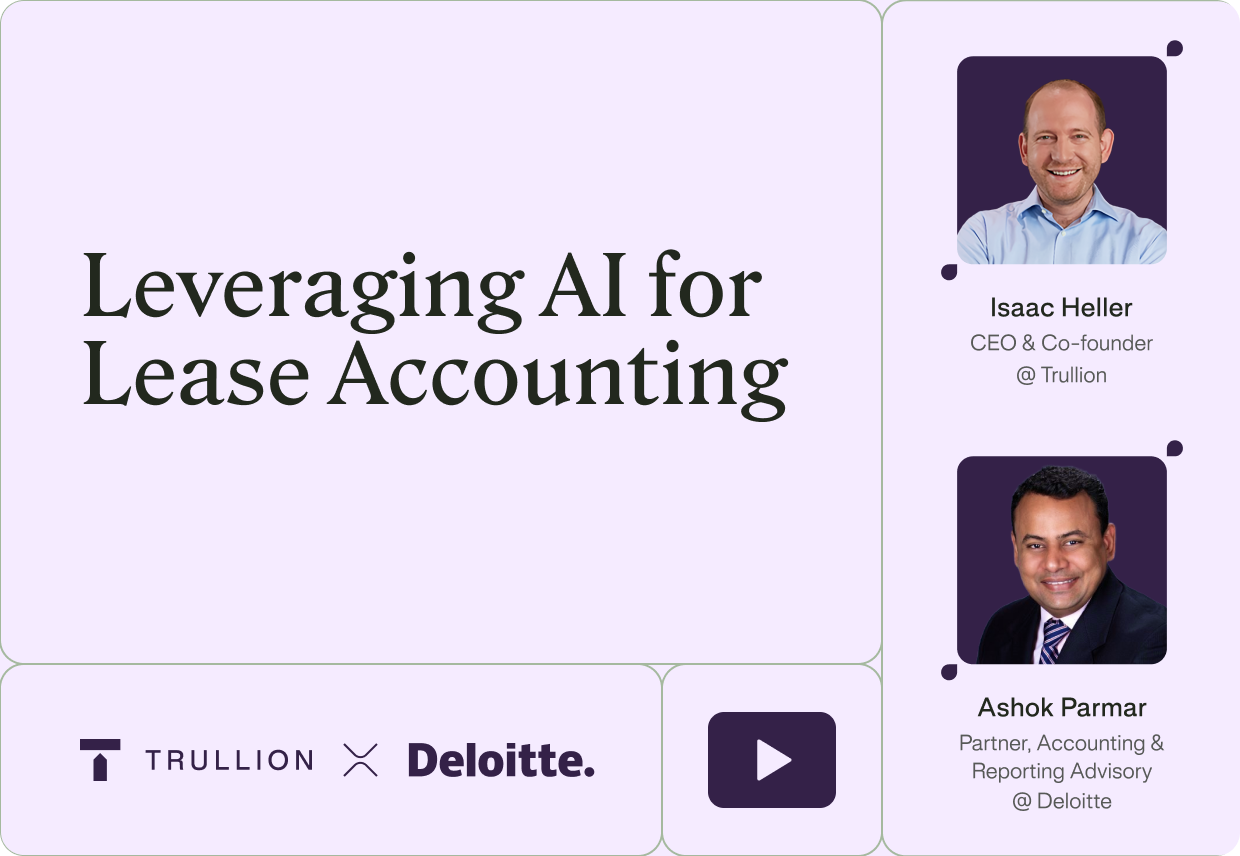The growing importance of AI in business operations
Recent leaps in Artificial Intelligence – specifically, the practical application of AI-based technologies – have surfaced key learnings for companies.
Some of these may prove uncomfortable such as how much of a company’s core product or back office can be automated with AI. Others are exciting: new possibilities in terms of scaling capabilities, streamlining operations, or freeing up key employees for high-impact, high-value activities.
As the world comes to grips with the potential that practical AI has to offer, businesses are discovering just how important this sea change is for their future.
From general AI applications to niche, specialized solutions
At first, broad AI applications captured the imagination of organizations and individuals. The likes of ChatGPT or Midjourney were so different, so much more powerful than anything that had been experienced by the vast majority of users.
Then, as the conversation shifted towards commercialization, it became clear that the tangible and near-term value of AI applications was to be found in narrow, specialized solutions, specifically in a B2B environment.
Large Language Models (LLMs) are often trained on huge amounts of general data, giving them wide-ranging expertise, but potentially falling short of the depth and focus required in many business contexts. It is in these contexts that industry-specific “deep data” becomes indispensable.
How specialized AI can deliver more value to businesses and CFOs
Specialized AI can more appropriately “connect the dots” when it comes to industry-specific challenges and opportunities. It can recognize specific situations, suggest appropriate answers, and ultimately give companies a sustainable advantage over competitors when used correctly.
For CFOs specifically, specialized AI can automate complex financial tasks and provide valuable insights for decision-making. AI-powered tools can streamline financial processes such as invoice processing, revenue recognition, lease accounting, expense management, audit testing, and financial forecasting among many others.
By automating these tasks, specialized AI frees up valuable time and resources for CFOs and finance teams, allowing them to focus on more strategic and high-value activities that drive business growth.
AI algorithms can analyze financial data in real time, detecting patterns, anomalies, and trends that humans may be unable to identify. These insights enable CFOs to make data-driven decisions at the earliest opportunity, optimize financial performance, mitigate risks, and identify cost-saving opportunities – ultimately enhancing the overall financial health of the organization.
Benefits of Narrow AI Specialization for B2B
Narrow AI specialization for B2B instances creates a number of benefits. These benefits include:
Increased efficiency
“One-size-fits-all” AI applications sitting on top of generalized foundation models may not deliver the quality of results dependably and repeatably, as required for long-term success. Industry-specific solutions however can provide very targeted and efficient solutions for the most complex challenges within an industry, thanks to specialization in terms of data sets and model training.
Enhanced accuracy and reliability in data analysis and decision-making
Most users of general AI tools such as ChatGPT will occasionally get an answer that is either obviously wrong or wildly inaccurate. When it comes to data analysis and decision-making – especially in a financial context – there is little room for error. A robust model that is consistently accurate and reliable, is mission-critical. Industry-specific solutions can provide this.
Reduction in implementation and maintenance costs
Trying to shoehorn a general AI solution into an industry-specific business carries risk and the potential for expensive adoption. Besides uncertainty when it comes to the actual results, costs can escalate as implementation and maintenance costs grow. A specialized solution is already pre-optimized for the use case, and therefore these factors are addressed at the outset.
Streamlining the integration of AI solutions with existing technology infrastructure
Specialized AI solutions offer a distinct advantage when it comes to streamlining the integration of AI with existing technology infrastructure. Unlike general AI solutions that may require extensive customization and adaptation, specialized AI solutions are designed specifically for targeted use cases or industries.
This focus enables them to seamlessly integrate with existing technology infrastructure, for example by leveraging pre-built connectors like APIs, and other standardized data formats.
By aligning with established systems and processes, specialized AI solutions can more readily interface with legacy software, databases, and hardware, minimizing disruption and accelerating the adoption of AI capabilities.
Preparing for the Future of AI Specialization in B2B
To unlock value when it comes to AI specialization in B2b applications, there are four key elements to keep in mind.
Identify key areas of your business that can benefit from specialized AI
Businesses should start by identifying key areas that can benefit from specialized AI. This involves assessing existing processes, identifying pain points, and determining where AI technologies can add the most value. By understanding the specific needs and challenges of their business, organizations can strategically prioritize the implementation of specialized AI solutions.
Collaborate with AI solution providers to develop customized tools
Collaboration with AI solution providers is crucial for developing customized tools. Businesses should actively engage with AI vendors and solution providers who specialize in the desired domain or industry. Through close collaboration, organizations can articulate their unique requirements and work with AI experts to develop tailored solutions that align with their business goals and objectives. Regular communication and feedback loops are essential to ensure the successful development and deployment of specialized AI tools.
Invest in AI-skilled talent and ongoing training
Organizations should assess their current workforce and identify gaps in AI expertise. Hiring professionals with AI knowledge and experience can bring valuable insights to the organization. Additionally, providing training and upskilling opportunities for existing employees can help build an AI-ready workforce that can effectively leverage and integrate specialized AI solutions into daily operations.
Stay informed on emerging AI trends and innovations in your industry
Technology is continuously evolving, and keeping up with the latest advancements helps businesses stay competitive. This involves actively monitoring industry publications, attending conferences, participating in webinars, and engaging with AI communities. By staying informed, businesses can identify new opportunities, anticipate potential challenges, and adapt their strategies to leverage the full potential of specialized AI as it continues to evolve and shape the B2B landscape.
AI Specialization Purpose-Built For CFOs
For CFOs, choosing products and partners that deploy specialized AI to solve specific problems you face, is shaping up to be the game-changing way to position yourself for success, both personally and for your organization.
In the field of accounting, Trullion is the leader in AI-powered solutions that deal with some of the most time-consuming and risk-filled challenges, including lease accounting, revenue recognition, audit management, and beyond.
To learn more, speak to a Trullion product expert here.










